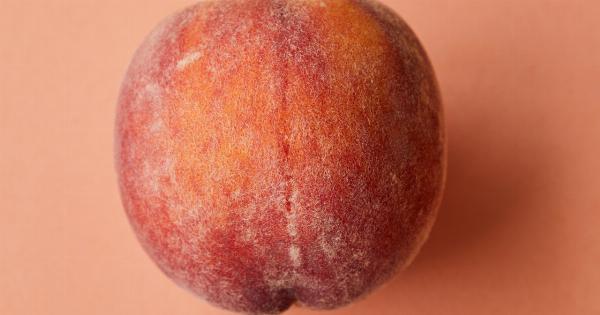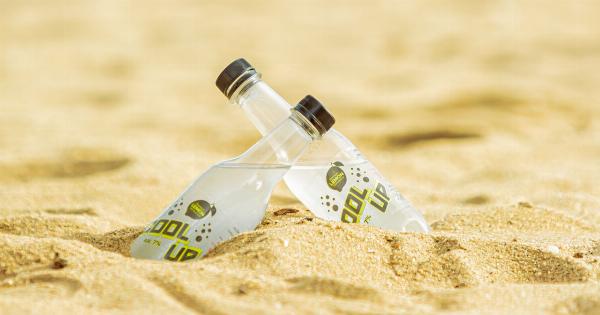Juice is often seen as a healthy beverage option for kids, but is it really? How much juice should children drink to ensure their overall well-being? This article explores the recommended juice intake for kids and highlights the potential risks of excessive juice consumption.
Why is juice popular among kids?
Juice is undoubtedly a kid-friendly beverage. Its sweet taste, vibrant colors, and availability in various flavors make it a popular choice among children. Additionally, many parents consider juice a healthier alternative to soda and other sugary drinks.
However, it is crucial to understand the potential risks associated with excessive juice consumption.
The recommended daily juice intake for kids
The American Academy of Pediatrics (AAP) provides guidelines on the recommended daily juice intake for children. According to their recommendations:.
Infants aged 0-12 months:
For infants, juice is not recommended in the first year of life. Infants should be primarily fed breast milk or formula. Once they start consuming solid foods, it is advised to offer whole fruits instead of juices.
Toddlers aged 1-3 years:
For toddlers, the AAP suggests limiting juice intake to a maximum of 4 ounces (118 mL) per day. It is important to note that this should be 100% fruit juice, with no added sugars or artificial flavors.
Children aged 4-6 years:
For children in this age group, the recommended daily juice intake remains at a maximum of 4-6 ounces (118-177 mL) per day. The emphasis is still on consuming whole fruits rather than relying on juice as a primary source of hydration.
Children aged 7-18 years:
As children grow older, the AAP advises a further reduction in juice consumption. For kids aged 7-18 years, the recommended limit is 8 ounces (237 mL) of 100% fruit juice per day.
The potential risks of excessive juice consumption
While juice can be a part of a child’s balanced diet, excessive consumption can lead to several negative health outcomes. Some of the risks associated with drinking too much juice include:.
Dental problems:
Juice is high in natural sugars, which can contribute to tooth decay and cavities. Constant exposure to sugary liquids, including juice, increases the risk of dental problems in children.
Weight gain and obesity:
Juice is relatively high in calories, and excessive consumption can contribute to weight gain and obesity. The calories in juice are not as filling as the ones from whole fruits, leading to potential overconsumption of calories.
Reduced nutrient intake:
When children drink too much juice, they may consume fewer essential nutrients, such as dietary fiber, proteins, and healthy fats. This can negatively impact overall nutrition, as juices lack the same nutritional value as whole fruits.
Increased risk of diarrhea:
The high sugar content in juice can sometimes lead to diarrhea, especially in young children. Excessive amounts of juice can disrupt the digestive system and cause gastrointestinal discomfort.
How to encourage healthier beverage choices
To ensure that children make healthier beverage choices, consider the following tips:.
Offer water as the primary beverage:
Water should be the main source of hydration for kids. Encourage them to drink water throughout the day and reserve juice for occasional treats or special occasions.
Introduce whole fruits:
Instead of relying on juice alone, introduce children to a variety of whole fruits. This helps them get essential nutrients and dietary fiber while enjoying different flavors and textures.
Create fun and nutritious alternatives:
Show children that there are plenty of other enjoyable beverages apart from juice. Experiment with homemade smoothies, infused water, or flavored sparkling water as healthier options.
Set a good example:
Children are more likely to adopt healthy habits when they see their parents or caregivers practicing them. Set a good example by opting for water or other healthier drinks yourself.
Conclusion
Juice can be a part of a child’s diet, but it should be consumed in moderation. The AAP guidelines provide a clear outline of how much juice children of different age groups should consume.
By limiting juice intake, promoting whole fruits, and encouraging healthier beverage choices, parents can contribute to their child’s overall well-being and reduce the potential risks associated with excessive juice consumption.





























